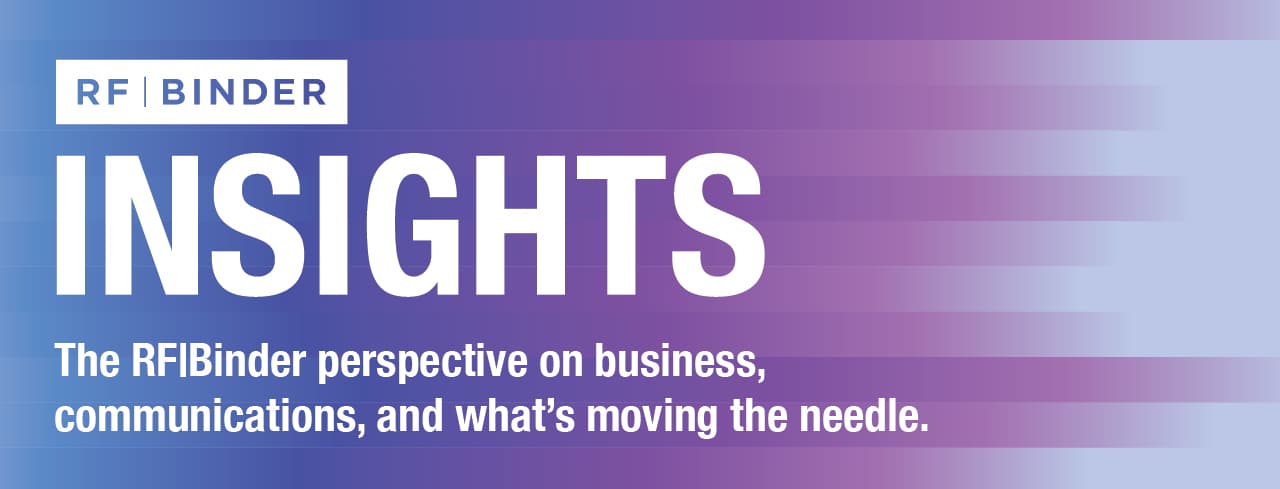Last week I attended my first major professional conference, Fast Company Innovation Festival, after winning a Stage Pass that granted me access to all the major sessions and panels. I was both excited to attend interesting talks from industry leaders and professionals and nervous because I wasn’t sure what to expect from such a large-scale event. Spoiler alert: I had a great time and loved it.
But beyond my personal enjoyment, I wanted to summarize a few of the sessions I attended, what I learned from the event and which ideas I thought had the most potential for impact across all industries.
Impactful DEI, Beyond Corporate Messages and Manifestos
During the session, Belonging as a Strategy for Innovation, Lisa Coleman, SVP of Global Inclusion and Strategic Innovation at New York University, shared her belief that belonging is not synonymous with inclusion and establishing belonging means fostering what she dubbed “brave spaces” for dissension, debate and dialogue by creating systems that support change.
A quote I felt was particularly impactful was, “Innovation is not about flattening differences.” My interpretation of what she meant is that we should not seek inclusion by implying that we are all equal in the experiences we bring to the table. Each of us has different perspectives and outlooks shaped by our upbringing, racial and sexual identity, gender, and even nationality. Rather, we should understand differences and seek to learn from each other.
Another great nugget of information from another session, Rethinking Representation: The Future of Inclusive Storytelling, was that DEI is not a one-and-done easy-fix solution. You can’t put a band-aid on a dam and expect it to hold. There needs to be an awareness that the problems are systematic and the fix is a long-haul situation to make a meaningful and lasting impact. Part of the solution includes continuing to have difficult conversations, reaching out to underrepresented communities, and acknowledging knowledge gaps—accepting these and understanding that DEI is a learning process.
The Potential Positives and Pitfalls of the Metaverse
Since Facebook announced its rebrand to Meta, discussions on the metaverse have been front and center with brands across fashion, entertainment and some intrepid food and beverage companies experimenting with activations. One of the main questions posed at this session was and remains: How will the metaverse change how we relate and interact with each other? None of the panelists had a clear-cut answer, but everyone was excited about the learning opportunities the metaverse presented for education.
Nada Stirrit, VP of Americas at Meta, predicts that the metaverse will not replace real-life experiences, but says, “The metaverse will be the closest thing if you cannot experience it in real life”. There is a huge potential to experience things that would otherwise be too dangerous, impossible, counterproductive, or expensive to perform outside of a simulation, for example, running a scenario of what would happen if you were to remove a species from the ecosystem.
Two considerable challenges currently include establishing regulations and safeguards to protect users of all ages from harassment and figuring out how various major tech companies can work together to create interoperable experiences to prevent immersion disruption. While proponents of the metaverse are optimistic about its wider acceptance and adoption in 10 or fewer years, I must admit, given the current challenges, I’m erring on the side of skepticism.
To Wrap It All Up…
Overall, many of the other panels I attended centered around two themes: longevity and reinvention, namely how brands can remain relevant and adapt to meet consumers’ evolving needs or create new ones in an ever-changing world. As a writer working in the field of communications, I’m unsure how copy and content will evolve in the metaverse, however I do believe that brands that continue to tell genuine stories from diverse people and perspectives will have the most staying power—from the speakers and companies represented at the Fast Company Innovation Festival it seems many other brands understand this as well.

